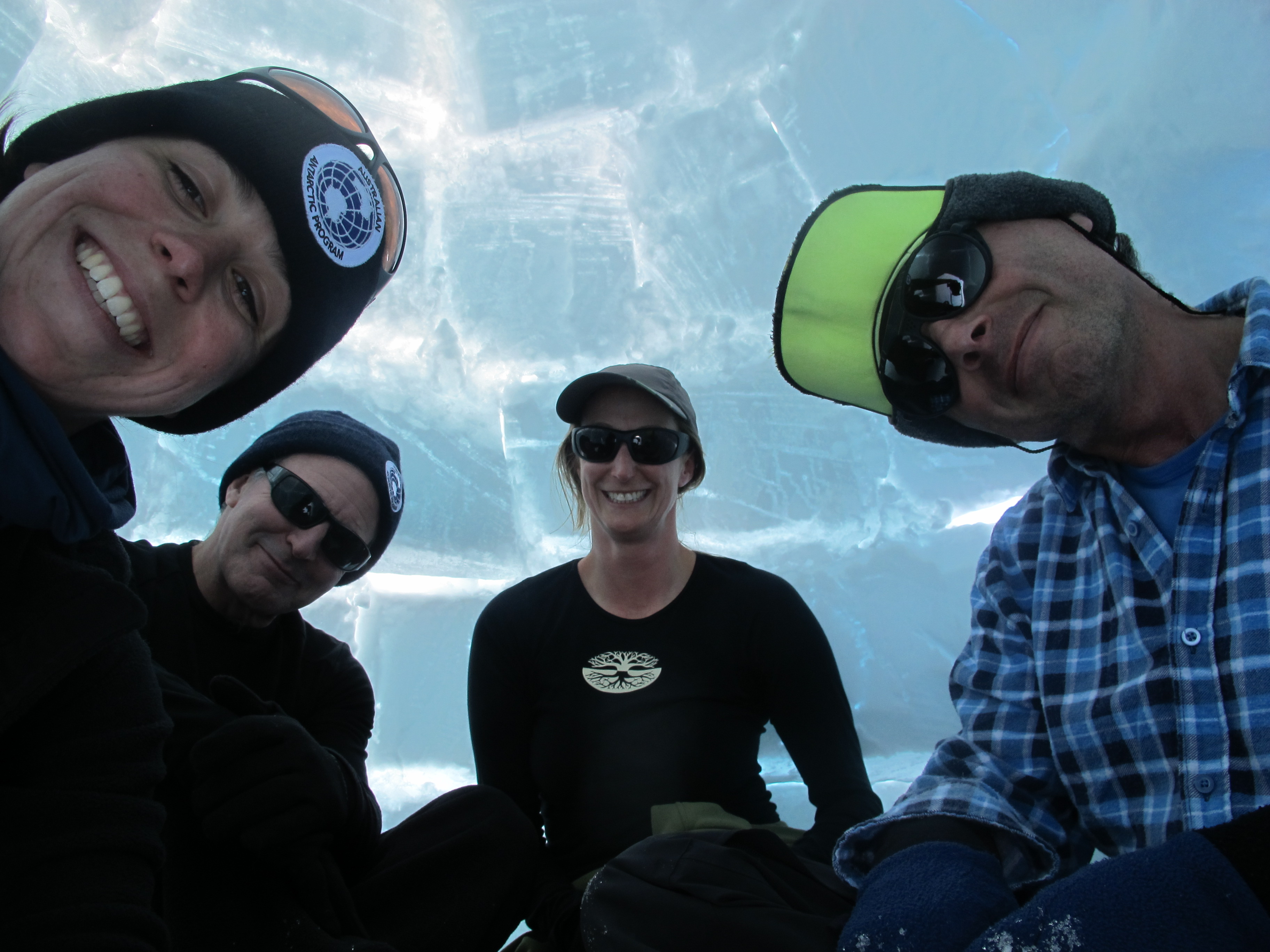

About 85% of Australia’s population lives, works and plays in the coastal zone. Globally, more than 150 million people live within one metre elevation of present day sea level. Sea level rise therefore poses a serious environmental, economic and social risk to Australia and other coastal nations.
The largest uncertainty in estimates of future sea level is the unknown response of the huge Antarctic Ice Sheet to climate change.
One of three finalists for the 2017 NSW Office of Environment and Heritage Eureka Prize for Environmental Research, Dr Stephen Rintoul, and his team from CSIRO Oceans and Atmosphere, the Antarctic Climate and Ecosystems Cooperative Research Centre and the Australian Research Council funded Antarctic Gateway Partnership in Tasmania, have been studying the vulnerability of the Totten Glacier to assess the implications for future sea level. 
The vast Totten Glacier is the largest ice drainage region in East Antarctica, containing a volume of ice equivalent to 3.5 metres of global sea level rise. Conventional wisdom held that the Totten and other East Antarctic glaciers were stable and unlikely to make much of a contribution to sea level rise.
However, satellite data show that the Totten Glacier has thinned and retreated in recent decades, suggesting the glacier might not be as stable as previously thought, according to Dr Rintoul.
LEFT: Left to right: Kate Snow (Edinburgh University) and team members Steve Rintoul, Esmee van Wijk and Mark Rosenberg on the Antarctic ice (photo credit: Kate Snow).
In January 2015, Australia’s icebreaker RSV Aurora Australis fought its way through heavy sea ice to reach the Totten Ice Shelf, the first time a ship had reached the glacier. “As we crashed into the sea ice again and again, making little progress, there were many times when I thought we would have to retreat,” he said. But a timely reversal of the wind allowed the ship to follow a narrow lead to near the ice shelf front (and escape again before the door closed behind them).
The scientists discovered a narrow, 1000 m deep canyon at the front of the ice shelf, full of surprisingly warm water rushing into the cavity beneath the ice shelf. “This river of warm water is driving rapid melt of the ice shelf from below,” Dr Rintoul said.
Work led by team member and Institute for Marine and Antarctic Studies PhD student Alessandro Silvano showed that the Totten Ice Shelf has more in common with ice shelves in West Antarctica, where many glaciers are in retreat, than it does with neighbouring glaciers in the East Antarctic.
WATCH THE FULL VIDEO ABOVE:
“Recent studies suggest that the Antarctic Ice Sheet will respond much more quickly to climate change than previously thought,” Dr Rintoul said. “Our research provides direct evidence that the mechanism initiating rapid retreat of Antarctic glaciers – rapid melt driven by warm ocean waters – is realistic and happening now in both East and West Antarctica.”
“Our evidence that East Antarctic ice shelves are more exposed to warm water than once thought means that sea level rise will likely rise faster and further than present estimates,” Dr Rintoul said.
The research was supported by the Australian Research Council’s Special Research Initiative for Antarctic Gateway Partnership, the Australian Antarctic Division, the Antarctic Climate and Ecosystems Cooperative Research Centre, CSIRO, and Australia’s Integrated Marine Observing System.
The winner of the 2017 NSW Office of Environment and Heritage Eureka Prize for Environmental Research, will be announced in the presence of over 650 science, government, industry and media leaders at the Eureka Prizes Award Dinner at Sydney Town Hall on 30 August 2017.
For the full list of 2017 Australian Museum Eureka Prizes finalists visit: australianmuseum.net.au/eureka
In their 28th year, the Australian Museum Eureka Prizes are the country’s premier national science awards, honouring excellence in Research and Innovation, Leadership, Science Communication, and School Science.
FOR FURTHER INFORMATION ON THE STUDY SEE:
https://www.scientificamerican.com/article/antarctica-rsquo-s-sleeping-ice-giant-could-wake-soon/#